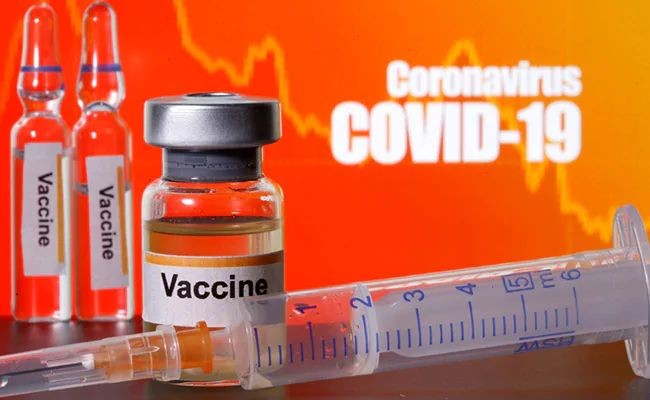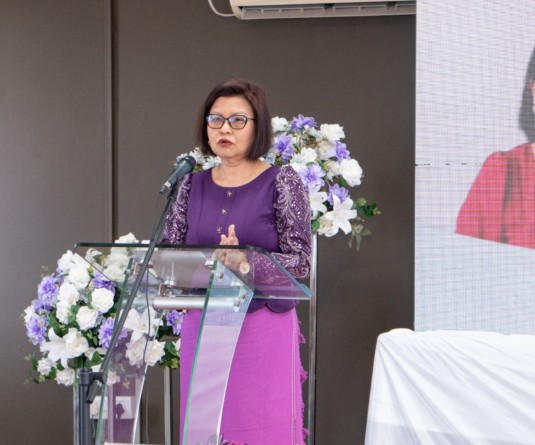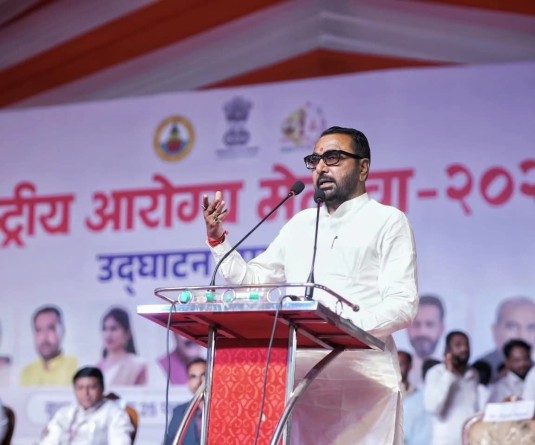
New Delhi, July 21 (PTI): The coronavirus vaccine developed by Oxford University and AstraZeneca shows promise as it can generate both antibodies and cell-mediated immune responses, say several scientists in India and abroad, while cautioning that there is still a long way to go.
"Very promising", "comforting" and "interesting" were some of the reactions from the scientific community a day after The Lancet revealed the vaccine appears safe and induces a strong immune response following the first phase of human trials.
Doses of the vaccine were given to 1,077 healthy adults aged between 18 and 55 in five United Kingdom hospitals in April and May as part of the phase one clinical trial.
With scientists and researchers across the world racing to develop a vaccine against the disease that has infected more that 14.7 million people across the world and claimed more than 6,00,000 lives, the Oxford-AstraZeneca results are being examined closely.
It is "ideal" that the vaccine is able to generate both humoral and cell mediated immunity, virologist Upasana Ray told PTI.
Humoral immunity is the production of antibodies by the body's B cells. While antibodies make up the protein component of the immune system, T cells offer vital cell-mediated immunity, she explained.
Ray, senior scientist at Kolkata's CSIR-Indian Institute of Chemical Biology, added that both components are essential to provide effective immunological memory and also for long-term protection.
"The preliminary findings look very promising with responses to the vaccine similar to what is seen post natural infection," added Beate Kampmann, professor of paediatric infection & immunity and director of The Vaccine Centre, London School of Hygiene and Tropical Medicine.
"The immune responses to the ChAdOx1 nCoV-19 vaccine were measured both in terms of quantity and quality of antibody as well as for T cell responses to the spike protein in a subgroup of individuals," Kampmann said in a statement.
Researchers also found it promising that a booster dose of the vaccine in 10 of the trial's participants produced more immune response.
"Trial participants developed the all-important neutralising antibodies, in most cases after one shot, and in all cases after two shots," noted Ian Jones, professor of Virology at the University of Reading in the UK.
Satyajit Rath, an immunologist from the National Institute of Immunology in New Delhi, found it interesting and promising that the boost with the same vaccine candidate tended to increase antibody levels further despite pre-existing antibodies.
"The vaccine candidate shows no unexpected awful adverse effects," Rath told PTI, adding that the formal addition of paracetamol showing some relief from adverse effects without modifying immune responses is useful information too.






